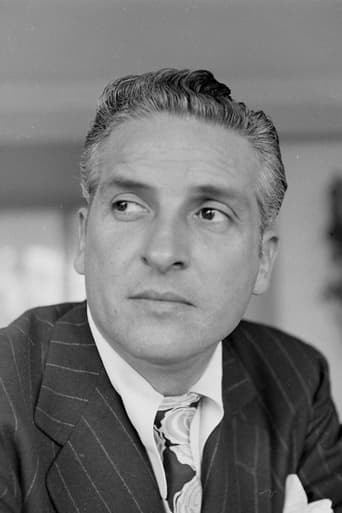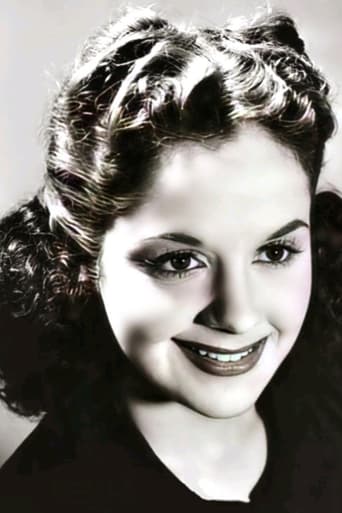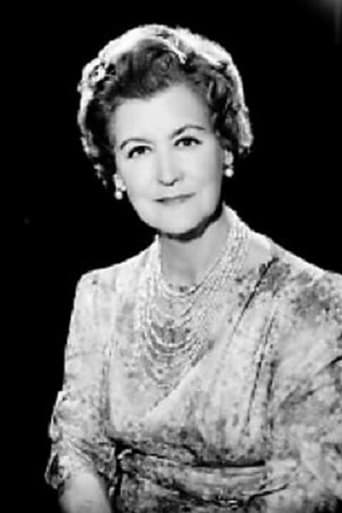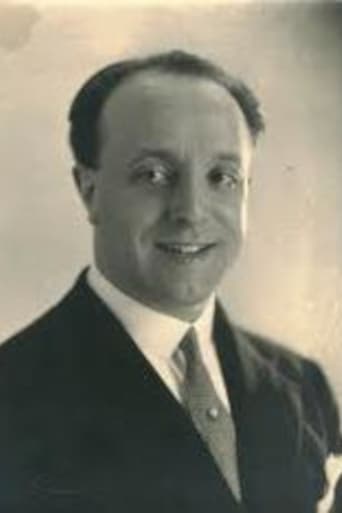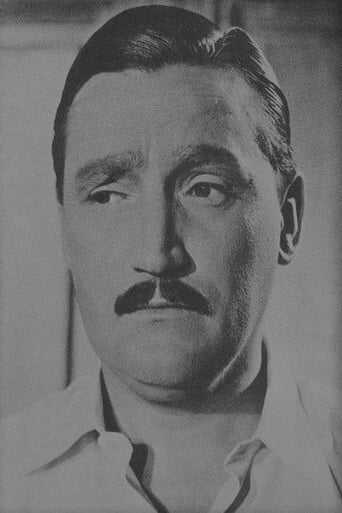Bardlerx
Strictly average movie
Huievest
Instead, you get a movie that's enjoyable enough, but leaves you feeling like it could have been much, much more.
Brennan Camacho
Mostly, the movie is committed to the value of a good time.
christopher-underwood
Although slightly more melodramatic, I feel this does have the edge over the later, 'Criminal Life of Archibaldo de La Cruz', which covers similar territory with more humour. A gripping and frightening tale of obsession that has a surprisingly large amount of echoes of Hitchcock's later, 'Vertigo' and seemingly that director took the bell tower sequence in its entirety. Still, who cares, great films remain great films, even when their inspiration may be revealed. The ending is low key but we are left in little doubt as to the state of mind of our hero/villain. Great performances help what might have seemed a preposterous tale, ring only too true. Probably best watched after Archibaldo, then the impact will be all the more great.
Jeff Tiresias Jesmorh
This film was directed by the famous Luis Buñuel, recognized Spanish film maker that came to México and created a great bunch of surrealistic films (some too sordid for that decade). The truth is, that maybe this picture is good, but too negative for the people that like the great flirting romantic image of Arturo de Córdova: An icon for the following contemporary romantic gentlemen of the "Mexican Golden Age".This film deals with the inner side of a man that let us see his jealous feelings and a sickness love between the central actor Arturo de Córdova and his co protagonist Delia Garces; taking them to a violent relationship that ended in a tragedy...
craigjclark
Made in 1952, between "Robinson Crusoe" and "Wuthering Heights," this may not be one of Bunuel's major films, but it contains several of his key themes and recurring images, starting with the ceremonial washing and kissing of feet. The film also goes into the politics of submission and domination, the effects of long-term sexual repression, and -- of course -- sewing.Bunuel understood obsession and was able to convey it on screen like no other director. As irrational as his characters can get (and Francisco gets plenty irrational in this film), Bunuel knows that we all have our hangups which seem normal to us, no matter how grotesque they may look to an outside viewer. (There's a reason why the alternate title for this film is "This Strange Passion.")
rudronriver
As his most technically accomplished Mexican-period movie, and almost a mainstream one, this film can be an enjoyable first introduction into Buñuel's obsessions: the same ones that ruled the surrealistic movement. The underground psychological streams in the mind are finely expressed in this story of a pathological jealous and his victim. In his Mexican exile, Buñuel was forced to make "nourishing movies", that were the most conventional ones in his filmography, but he managed to smuggle his surrealistic ideals into all of them (even he could make the absolutely surrealistic "The Exterminating Angel").Based on an autobiographic novel by Spanish fellow countrywoman Mercedes Pinto, this film is the vehicle for displaying many marvelous surreal moments. It can also be viewed as a brilliant clinical recreation of paranoid distress, but Buñuel recognized that the protagonist, Francisco Galván, although insane, had many of his own obsessions: his view of love as an absolute imperative, the violent impulses, the fetishism for female feet…The story shifts from one point of view to another, which is the only way to understand the "two stories" in psychotic disorders.Part of the story and many of the ideas were used later by Hitchcock for his masterpiece "Vertigo (From among the dead)". It is difficult to say plagiarism when talking about cinema, but this would be one occasion for it. It is not coincidence that both directors share a taste for the expressive properties of objects (not only as Macguffin); as two reluctantly catholic directors, objects usually act as "sacraments" for their narrative. In "El" the church and its symbols are the background for the repression and the blooming of instincts; other Buñuel's stories may be more connected with religion than this one, but "El" shows a life absolutely permeated by the relationship of primary impulses ("eros" and "thanatos") with spiritual transcend ency. With churches as the setting of the key moments of the story (desire, love encounter, the urge for murder, disappointment), church is at the beginning and the ending of this story narrated by the man who said "Thank God, I'm an atheist".Although was filmed in three weeks, in the midst of the limitations of Mexican film industry, the movie is close to perfection in formal terms. In contrast with his previous movies, in which a still camera was predominant, in this one the camera movements are constant. The performances and the choice of cast is the most accurate of the Buñuel's Mexican-period.

